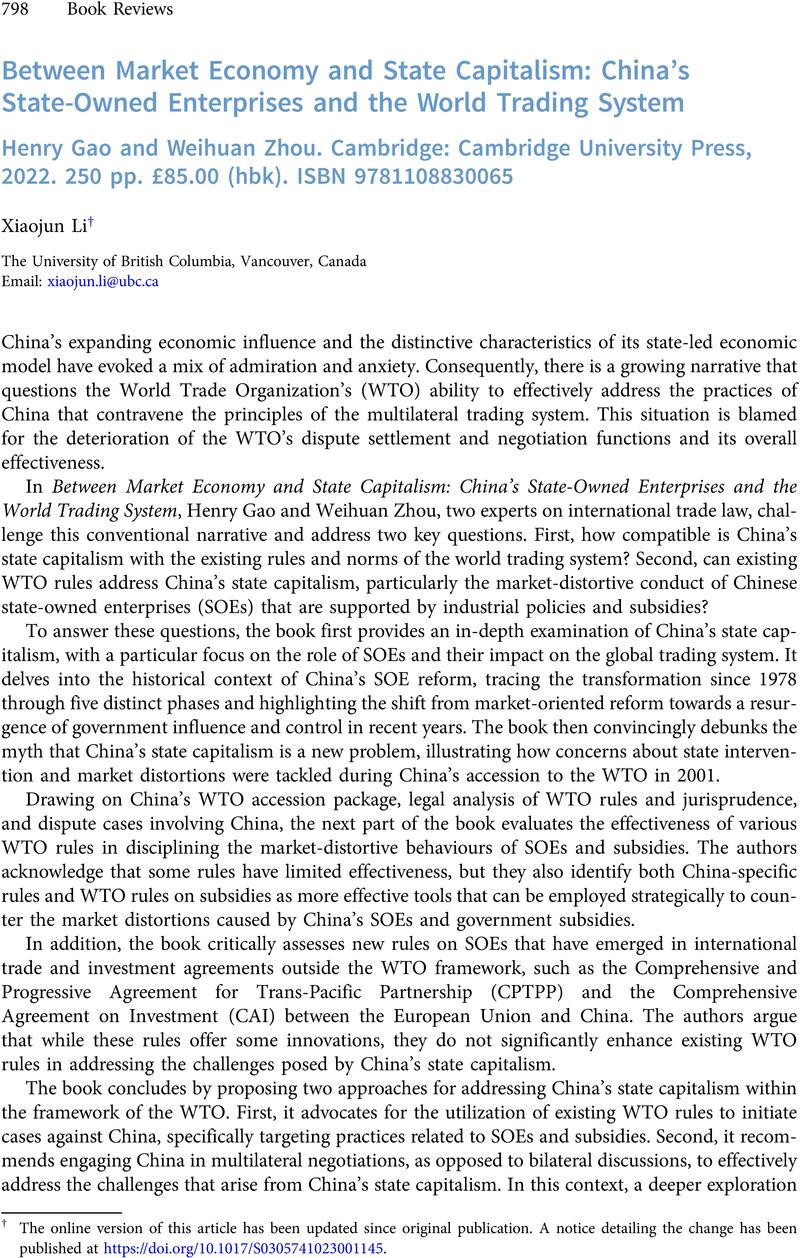No CrossRef data available.
Published online by Cambridge University Press: 25 July 2023

The online version of this article has been updated since original publication. A notice detailing the change has been published at https://doi.org/10.1017/S0305741023001145.
Please note a has been issued for this article.